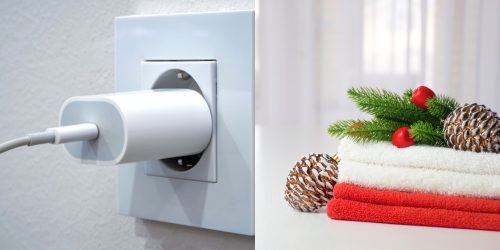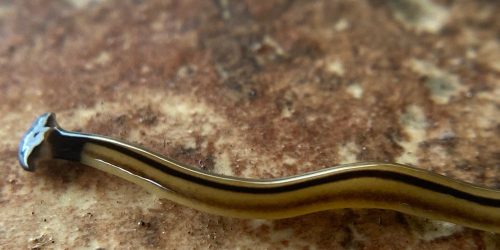The 1 Thing Colorectal Doctors Would Never Use On Their Butts

We’ve all been told to wipe from front to back and use a squatty potty at some point in our lives. We’ve heard this advice for a good reason ― because it works.
On the other hand, when it comes to what not to do in the bathroom, some colorectal and gastrointestinal doctors have one product they don’t always recommend: wet wipes.
They aren’t saying this to save the sewer system…
This is not to say that every doctor is totally against using them. However, there are some potential drawbacks (aside from future plumbing issues) you’ll want to consider before reaching for one on your next trip to the bathroom.
Wet wipes can cause some irritation and other issues post-toilet.
Although wet wipes are marketed to provide a better clean down there, especially after going No. 2, you’re generally not supposed to wipe with wet wipes as they can be more harmful than helpful.
The wipes can cause a thing called perianal dermatitis, which is a rash around the butt hole.
Also, the materials used in some wet wipes may be abrasive or rough, exacerbating irritation, especially in individuals with sensitive skin or conditions such as hemorrhoids or anal fissures.
Plus, excess moisture that isn’t dry before leaving the restroom from the use of wet wipes can promote the growth of bacteria or fungi which can also lead to irritation.
What is the best wiping method?
There’s no one-size-fits-all answer when it comes to the best wiping methods, but doctors recommend toilet paper and a bidet for starters.
Bidets have been used in several European countries for years and North America is slowly hopping on the bandwagon.
“From a medical perspective, incorporating a bidet into one’s hygiene routine can help maintain optimal perineal health, and reduce the risk of various dermatological and infectious complications associated with inadequate cleansing practices,” say the experts…
Beat FOMO by being in the know!
Sign up for our newsletter today and never miss a beat.







